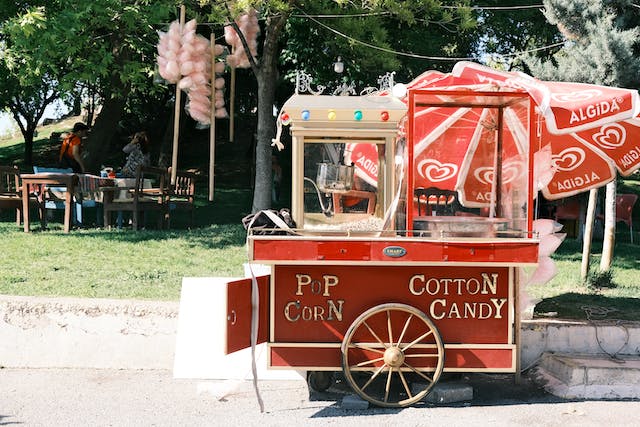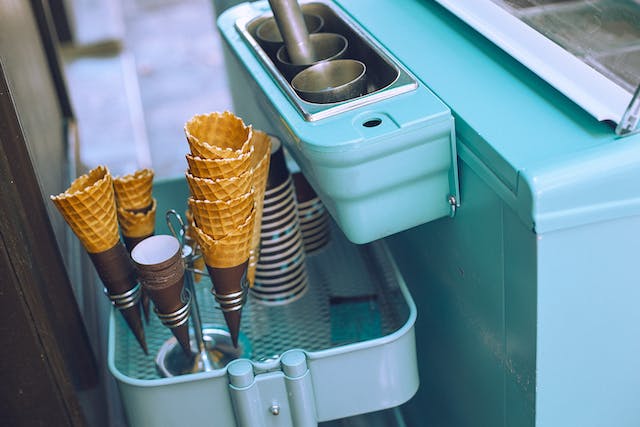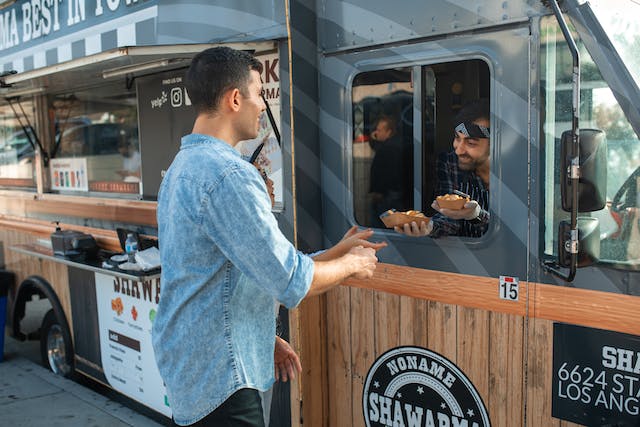If you’re starting a food business in the Garden State, you’ll need to know about the NJ food vendor license. Catering at events, selling your scrumptious offerings at farmers markets, or running your own food stall all require this license. Here, we’ll delve into the essentials of how to get your NJ food vendor license.
Firstly, why is a food vendor license important? Food vendors are regulated by health and safety laws to ensure that they do not pose a risk to consumers. Working without a food vendors license NJ is illegal and can get you slapped with hefty fines.
Preparing for Your NJ Food Vendor License

To secure your NJ food vendor license, preparation is key. You will need to arrange the necessary documents, your business plan, and a food safety manager course.
First off, determine what type of food business you plan to run. Each type requires a different food vendor’s license in New Jersey.
You’ll also need to decide on a location for your business. Some vendors licenses are location specific, so ensure you establish where your venture will be based. Certain areas in New Jersey may require additional permits,
You should also establish an understanding of the general health and safety regulations pertaining to food businesses. These protocols cover areas like food handling, storage, preparation, sanitation, allergen information, and more.
Steps to Secure Your NJ Food Vendors License

To obtain your food vendors license in New Jersey, you’ll need to complete the following steps:
1. Register your business: All food vendors must hold a valid Employer Identification Number (EIN) issued by the IRS. If operating as a sole proprietor, you may use your Social Security Number (SSN) instead.
2. Decide on the type of business: Based on your business plan, determine the structure of your business (LLC, sole proprietorship, etc). Then, register your business name with the state of New Jersey.
3. Start applying: Download the food vendors license application form from the New Jersey Health Department website. The form typically requires information like your name, business name and address, type of food you’ll be selling, and the venues where you’ll be selling.
4. Attend a food safety course: In New Jersey, many counties require food vendor applicants to attend a food safety course. Successful completion of this course will earn you a food handler’s certificate, which is mandatory for securing your food vendor license.
5. Prepare your facility: Depending on your chosen type of food vendor business, health inspectors will scrutinize your location and facilities. Make sure your facilities adhere to New Jersey’s sanitation and health standards before the inspection.
6. Submit your application: Once you’ve completed the prior steps, submit your application along with the essential documents and fees, either by mail or in person.
Getting the license

Remember that the process of obtaining a food vendors license in NJ can take up to several weeks. Some counties may have a backlog of applications, so it’s prudent to apply early, allowing plenty of time to receive your license before you plan to start trading.
The annual fee for a food vendors license NJ will depend on the type of business you’re starting, with cost varying based on the size of your operation and the types of food you’ll be offering.
Growing your food business
Once you’ve secured your food vendors license NJ, it’s time to foster and grow a thriving food business.
Set up shop on Airmart to easily take orders and promote your food: